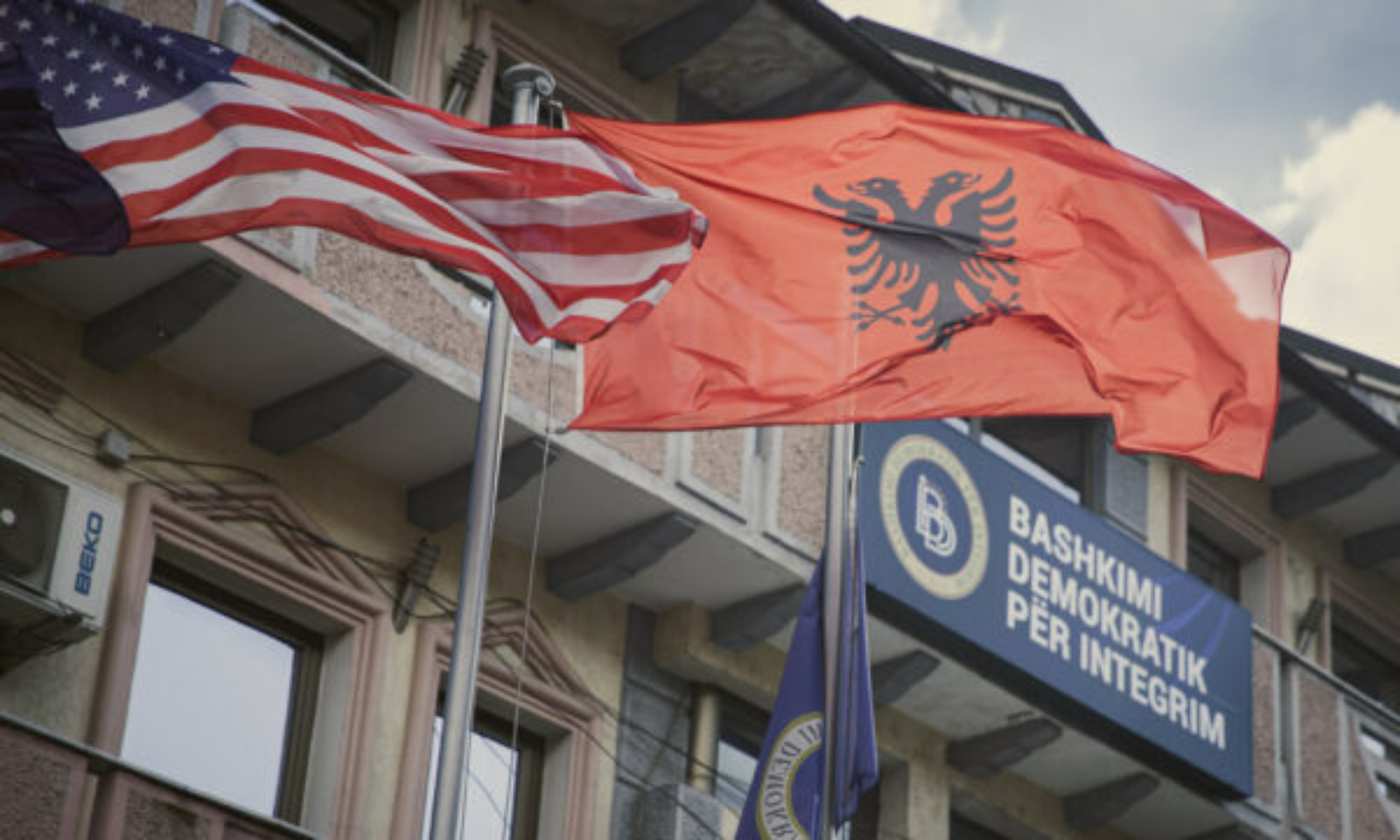The Democratic Union for Integration (BDI), the largest Albanian party in North Macedonia, has raised alarms that a public enterprise responsible for state roads has halted procedures for changing traffic signs to comply with the law on the use of the Albanian language.
In a statement, the BDI describes this as a “scandal” and a “clear act of discrimination against Albanians.” “The scandals with the Albanian language are relentless. The public enterprise for state roads has halted the procedures for the previous project, which aimed to change all traffic signs on highways in accordance with the law on the use of the Albanian language. This is an unprecedented and harmful step for the implementation of the law that guarantees linguistic equality. Despite the fact that the process of selecting a company for the project was completed, the current leadership has decided to suspend the procedure,” reads the party’s statement.
The BDI, now in opposition, asserts that “this suspension can be easily verified in the electronic public procurement system” and raises “serious questions about this government’s stance on implementing the law.”
“The Democratic Union for Integration alerts that these failures are a result of the lack of electoral legitimacy of this government, its clear incompetence in managing key processes, and its dependence on the political influences of VMRO,” the BDI states, referring to the coalition of Albanian parties, VLEN, which is part of the governing coalition in North Macedonia.
“These actions are unacceptable and severely damage the process of institutional equality in the country. Instead of facing their responsibilities, the election losers are trying to cover up these massive failures with baseless political attacks and unnecessary persecution,” the statement continues.
Recently, it was reported that North Macedonia had removed the Albanian language from road signage. A photo was published showing a sign near the border crossing with Kosovo in Blace, where only three inscriptions were visible: in Macedonian, English, and French, but not in Albanian. However, shortly afterward, the old sign was restored, which includes the state’s name in Albanian as well.
“The violent and uninstitutional removal of signs at the border with Kosovo and the restoration of old signs is another indicator of this government’s inability to meet institutional and legal standards,” the BDI’s reaction states.
After more than 100 days of governance, according to the BDI, “this monoethnic leadership is still trying to blame others for its ongoing failures.”
“These actions not only undermine state institutions but also constitute a clear act of discrimination against Albanians,” the statement concludes.






